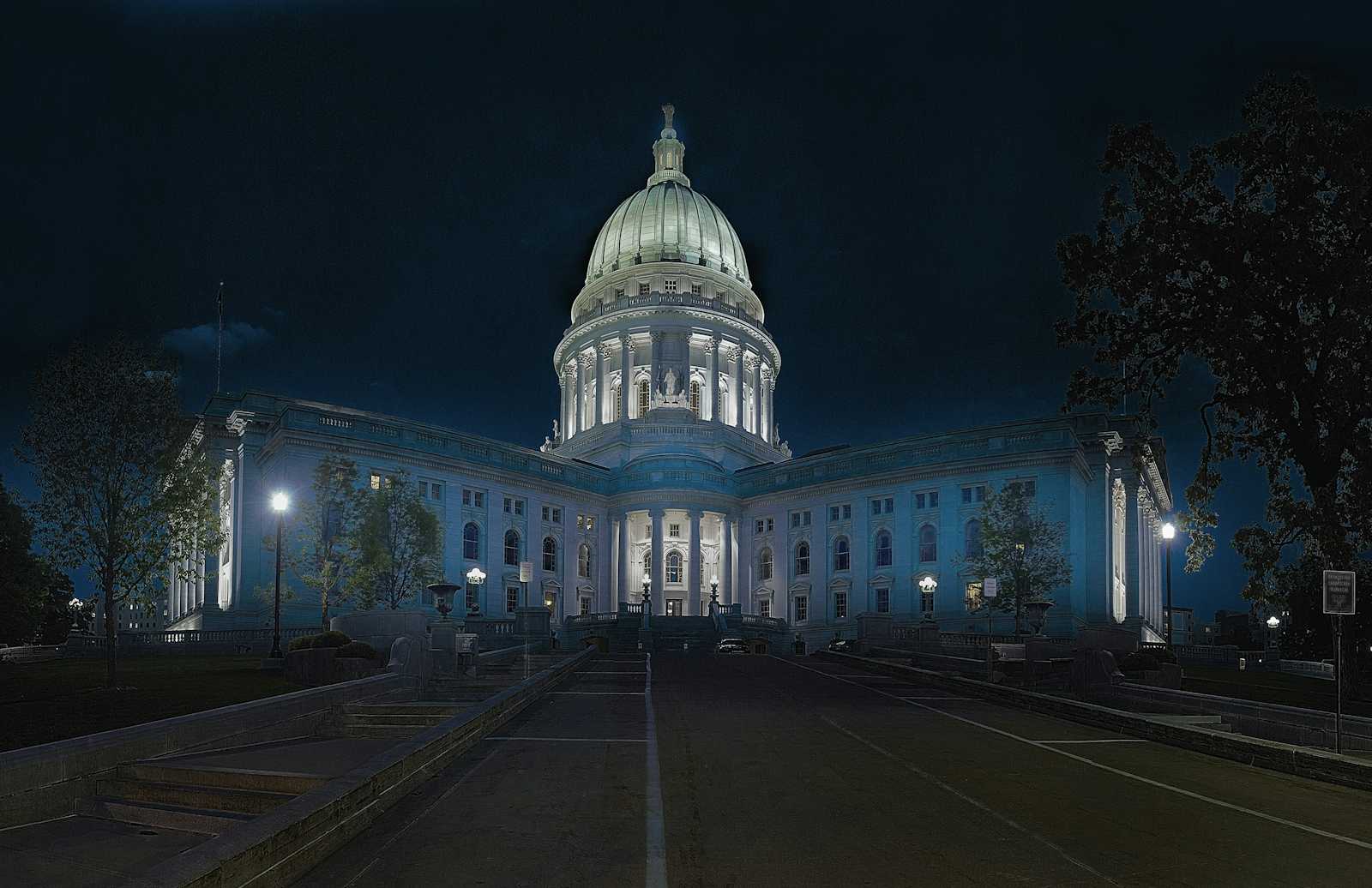U.S. Politics in the Age of Social Media: How Platforms Are Influencing Elections
 Nettribe Media
Nettribe Media
Social media has become a powerful force in U.S. politics, shaping elections in unprecedented ways. Platforms like Facebook, Twitter (now X), and YouTube play a significant role in how voters consume news, engage with candidates, and even form political opinions. These platforms offer a direct line of communication between political leaders and the electorate, bypassing traditional media and giving politicians unfiltered access to voters.
One of the most significant effects of social media in elections is its ability to amplify messages rapidly. In 2020, for example, social media helped drive record voter turnout, as campaigns used targeted ads, viral posts, and grassroots organizing efforts to mobilize supporters. However, this influence isn't without controversy. Issues like misinformation, foreign interference, and filter bubbles—where users are shown content that reinforces their existing beliefs—have raised concerns about how social media may polarize voters and manipulate public opinion.
Platforms have introduced measures to mitigate these issues. In recent years, Facebook and Twitter have implemented fact-checking initiatives, flagged false information, and suspended accounts associated with fake news. Despite these efforts, many critics argue that the measures are not enough, as misinformation continues to spread, often influencing public perception.
Another concern is the role of microtargeting in elections. Using personal data, platforms allow campaigns to target specific groups with tailored political messages. This has raised ethical questions about voter manipulation, as different groups may receive highly personalized ads that could sway their opinions based on incomplete or biased information.
Additionally, social media's impact on campaign financing and political advertising has come under scrutiny. While platforms have implemented rules to increase transparency in political ads, the ability of candidates and political action committees (PACs) to raise massive amounts of money online has transformed modern campaign strategies. Candidates now rely on viral moments and trending hashtags to generate donations, which has democratized fundraising but also increased the role of money in politics.
Looking ahead, the influence of social media on U.S. elections is likely to grow. As new platforms emerge and algorithms become more sophisticated, voters will continue to consume political content in increasingly fragmented and personalized ways. The challenge for policymakers will be to balance the benefits of these platforms with the need to protect democratic integrity in the digital age.
Subscribe to my newsletter
Read articles from Nettribe Media directly inside your inbox. Subscribe to the newsletter, and don't miss out.
Written by
